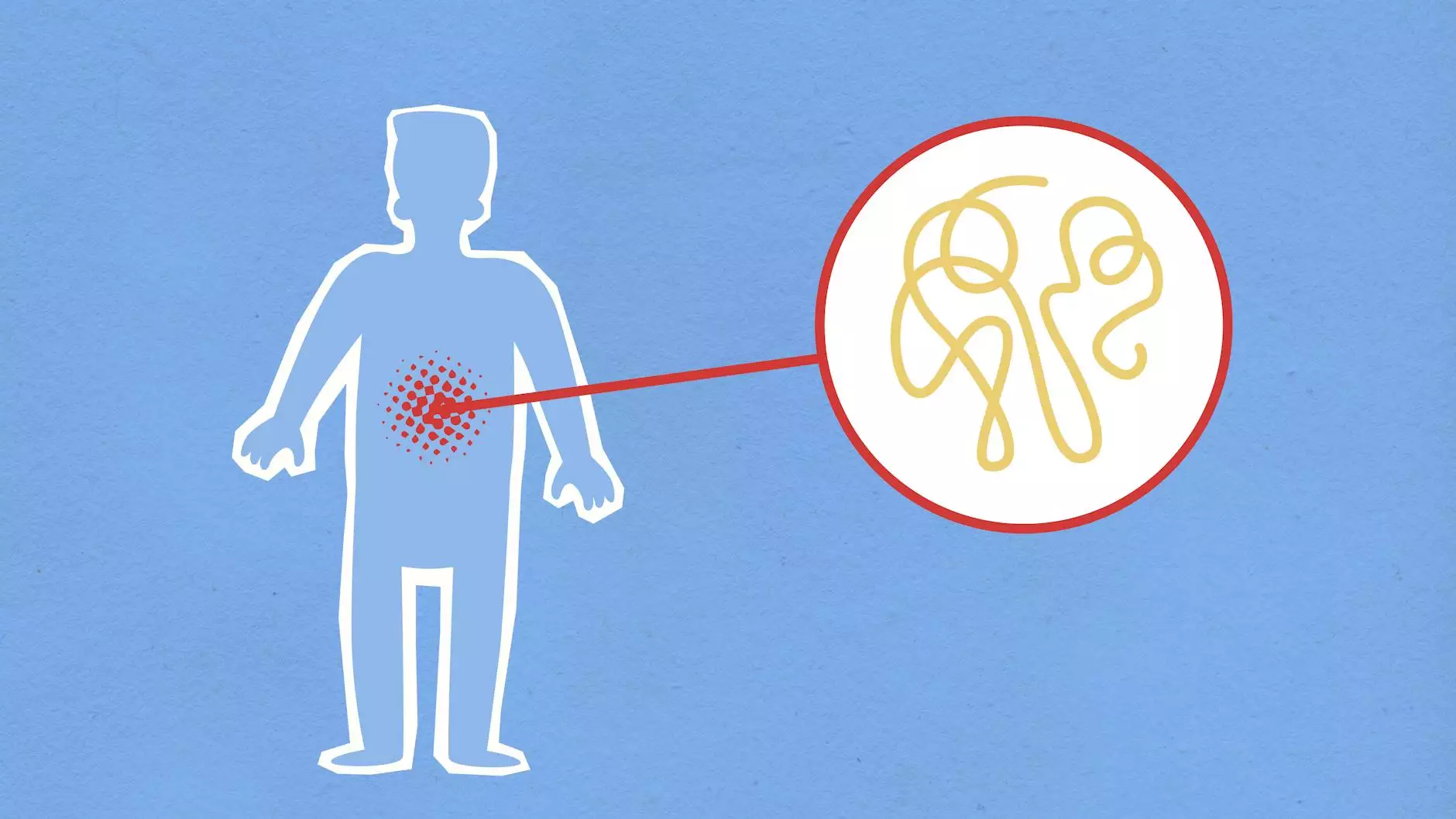Prescription Weight Loss Pills: A Comprehensive Guide to Effective Weight Management

In today's fast-paced world, achieving and maintaining a healthy weight can be a challenging endeavor. Many individuals struggle with weight management due to factors such as busy lifestyles, genetics, and metabolism issues. For those seeking assistance in their weight loss journey, prescription weight loss pills offer a viable option that can lead to significant results when combined with a healthy diet and regular exercise.
Understanding Prescription Weight Loss Pills
Prescription weight loss pills are medications that aid in reducing weight by suppressing appetite, increasing feelings of fullness, or reducing fat absorption. These medications are prescribed by healthcare professionals based on an individual's unique health profile and weight loss needs. They are typically recommended to individuals with a body mass index (BMI) of 30 or greater, or a BMI of 27 or higher with weight-related health conditions.
How Do Prescription Weight Loss Pills Work?
Prescription weight loss pills can work in various ways:
- Appetite Suppression: Some pills work by reducing hunger signals to the brain, allowing individuals to consume fewer calories.
- Increased Satiety: Certain medications can enhance feelings of fullness after meals, which can help reduce overall food intake.
- Fat Absorption Inhibition: Some medications reduce the amount of fat absorbed from the diet, thereby lowering total caloric intake.
Types of Prescription Weight Loss Pills
There are several types of prescription weight loss pills available, each designed to address different weight loss needs. Here’s a closer look at some popular options:
1. Orlistat (Alli, Xenical)
Orlistat works by inhibiting the enzyme lipase, which is responsible for breaking down dietary fats. By preventing the absorption of about one-third of fat consumed, it can help with weight loss when combined with a low-fat diet.
2. Phentermine
Phentermine is an appetite suppressant that affects the central nervous system. It is often prescribed for short-term use and is typically intended for individuals who need to lose a significant amount of weight.
3. Liraglutide (Saxenda)
Liraglutide is a glucagon-like peptide-1 (GLP-1) receptor agonist that slows gastric emptying and increases feelings of fullness. This medication is used along with a reduced-calorie diet and increased physical activity for chronic weight management.
4. Naltrexone-Bupropion (Contrave)
Naltrexone-bupropion combines two medications to help control appetite and cravings. Bupropion is an antidepressant that can assist in reducing appetite, while naltrexone is an opioid receptor antagonist that helps in managing cravings.
5. Semaglutide (Wegovy)
Semanaglutide is another GLP-1 receptor agonist that has recently gained attention for its effectiveness in weight management. It has shown promising results in clinical trials, making it a popular choice for individuals struggling with obesity.
Benefits of Prescription Weight Loss Pills
When used responsibly and under the guidance of a healthcare professional, prescription weight loss pills can provide numerous benefits:
- Effective Weight Loss: Clinical studies demonstrate that individuals using prescription weight loss pills may experience greater weight loss compared to those relying solely on diet and exercise.
- Health Improvements: Weight loss can lead to significant health improvements, including better blood sugar control, reduced blood pressure, and lower cholesterol levels.
- Boosted Motivation: Achieving weight loss goals can enhance motivation and boost self-esteem, paving the way for sustainable lifestyle changes.
- Support from Healthcare Professionals: Working with a healthcare provider can ensure that individuals have the necessary support, monitoring, and guidance throughout their weight loss journey.
Potential Risks and Side Effects
Like any medication, prescription weight loss pills may come with potential risks and side effects. It is crucial to be aware of these before starting any medication:
- Gastrointestinal Issues: Medications like orlistat may cause gastrointestinal discomfort, including gas, diarrhea, and abdominal pain.
- CNS-Related Effects: Appetites suppressants like phentermine can lead to side effects such as insomnia, dry mouth, and increased heart rate.
- Potential for Abuse: Some appetite suppressants carry a risk of dependency or abuse, and should only be used as prescribed.
- Restriction of Nutritional Intake: Weight loss pills may lead to nutritional deficiencies if not accompanied by a balanced diet.
Who Should Consider Prescription Weight Loss Pills?
Prescription weight loss pills may be suitable for various groups:
- Individuals with Obesity: Those with a BMI of 30 or higher or a BMI of 27 with obesity-related health concerns.
- People Struggling with Weight Loss: Those who have not achieved desired weight loss results through traditional methods like diet and exercise alone.
- Individuals Committed to Lifestyle Changes: Candidates should be willing to adopt a healthier lifestyle alongside the use of medication.
Consulting a Healthcare Professional
Before starting any prescription weight loss pill, it is essential to consult a healthcare professional. A thorough medical evaluation will determine the most appropriate course of action for your unique health situation. Your healthcare provider will review your medical history, assess your weight loss goals, and discuss the potential benefits and risks associated with each medication.
Complementing Weight Loss Pills with Healthy Lifestyle Choices
While prescription weight loss pills can be an effective tool, their effectiveness is greatly enhanced when combined with healthy lifestyle choices:
- Balanced Diet: Focus on a diet rich in whole foods, including fruits, vegetables, whole grains, and lean proteins while minimizing processed foods and sugars.
- Regular Exercise: Incorporate both cardiovascular and strength-training exercises into your routine to maximize calorie burn and improve overall fitness.
- Sufficient Sleep: Ensure you get adequate sleep, as poor sleep can negatively affect weight loss efforts and overall health.
- Hydration: Stay hydrated by drinking plenty of water, which can help control hunger and optimize metabolism.
Conclusion
In summary, prescription weight loss pills can serve as a powerful ally in the fight against obesity and weight-related health issues. With a range of options available and the potential for substantial weight loss, many individuals can benefit from these medications as part of a comprehensive weight management plan. However, it is essential to use these medications responsibly and as part of a broader strategy that includes healthy lifestyle changes. Always consult with a healthcare provider to determine the best course of action for your specific needs and goals.
For more information on prescription weight loss options and guidance tailored to your individual journey, visit loseweightlossmeds.com today.









